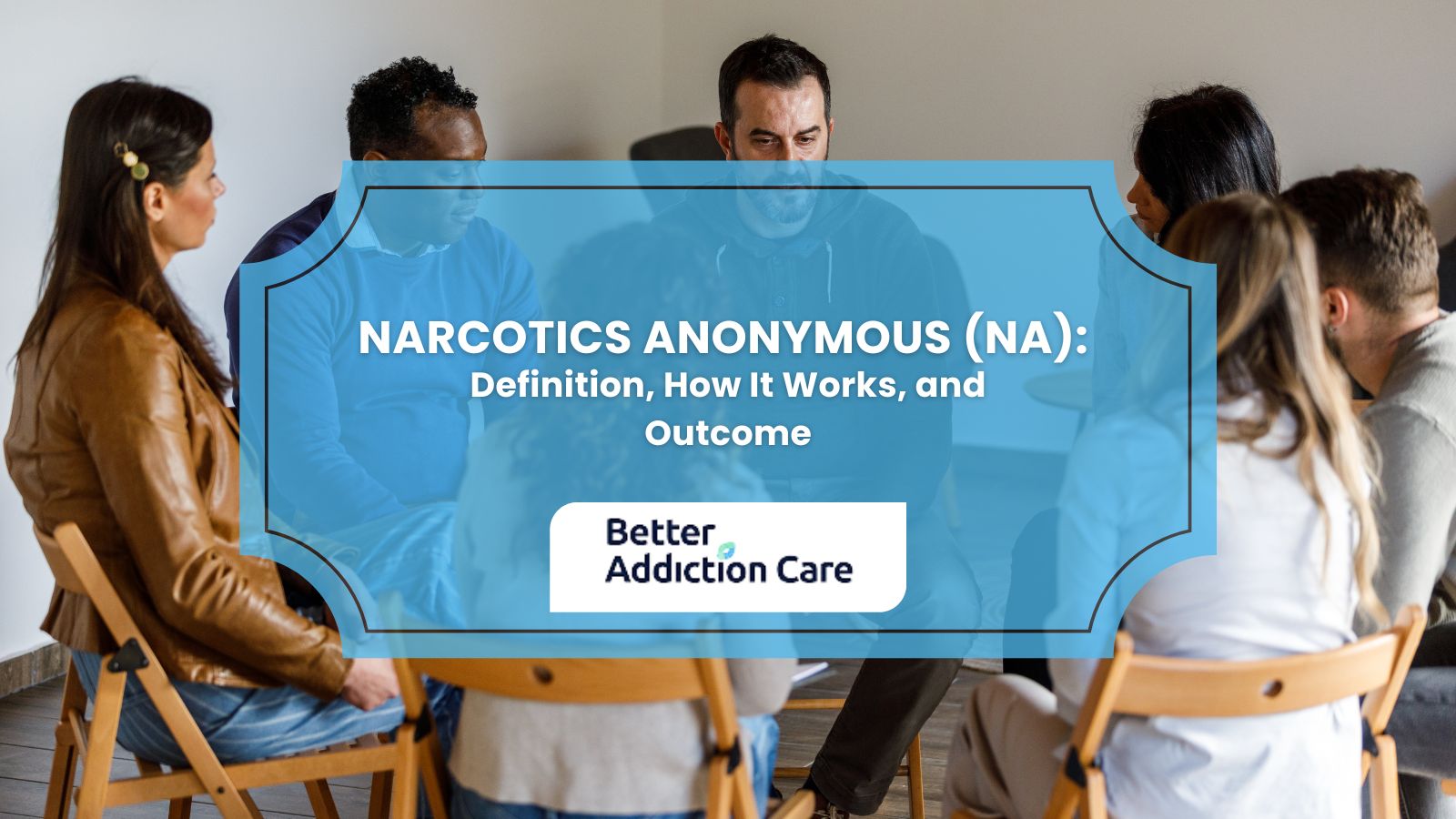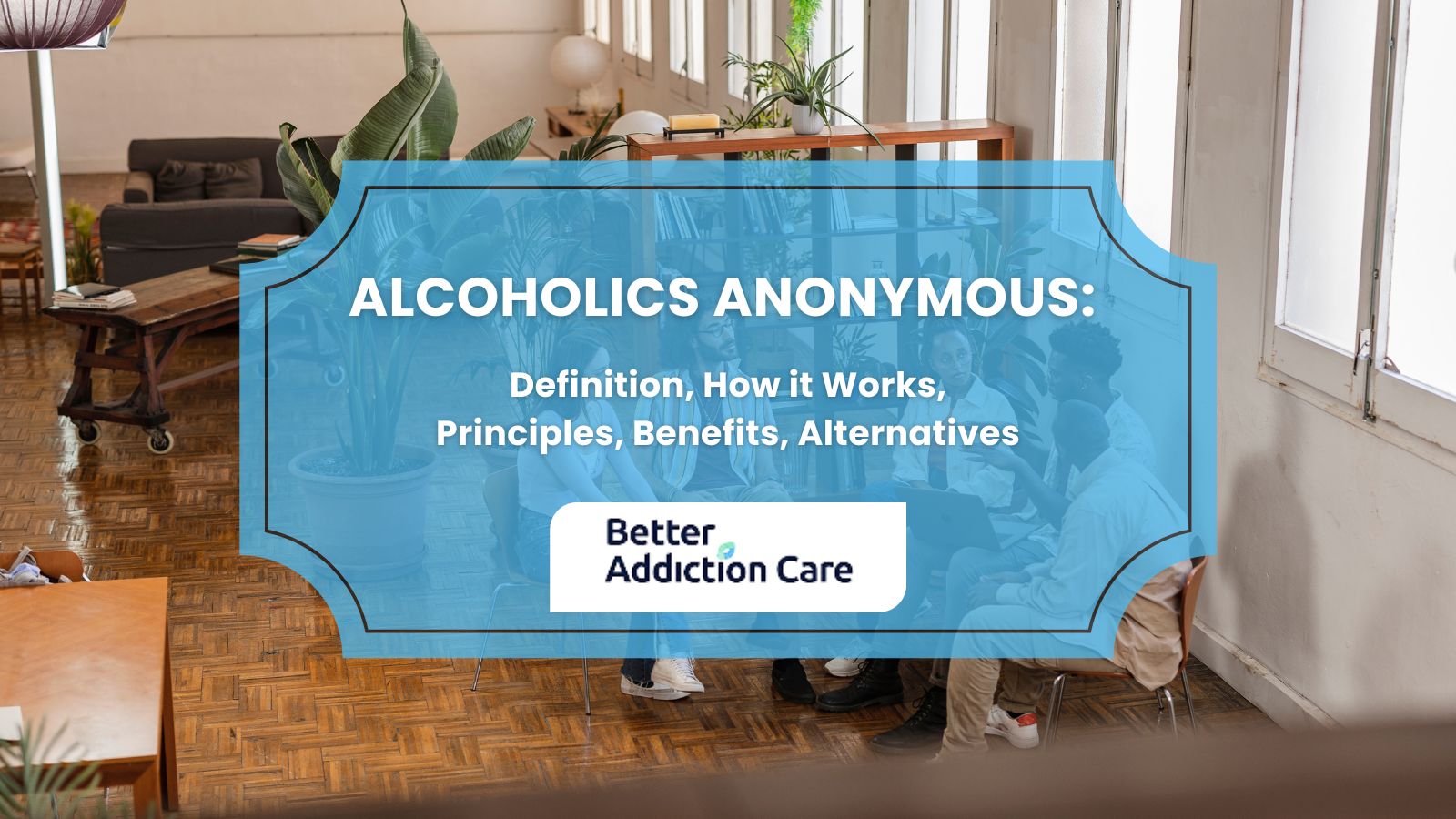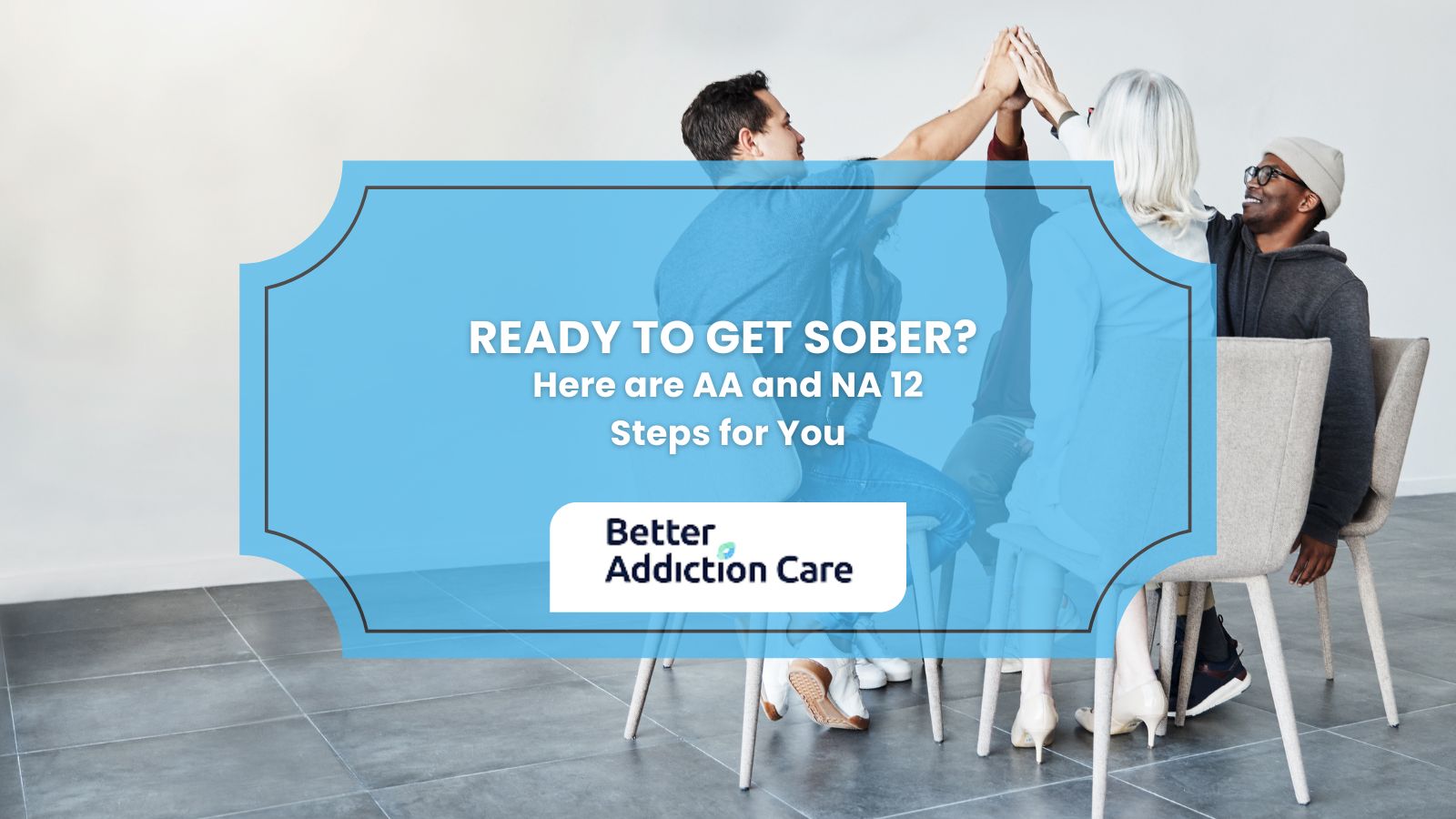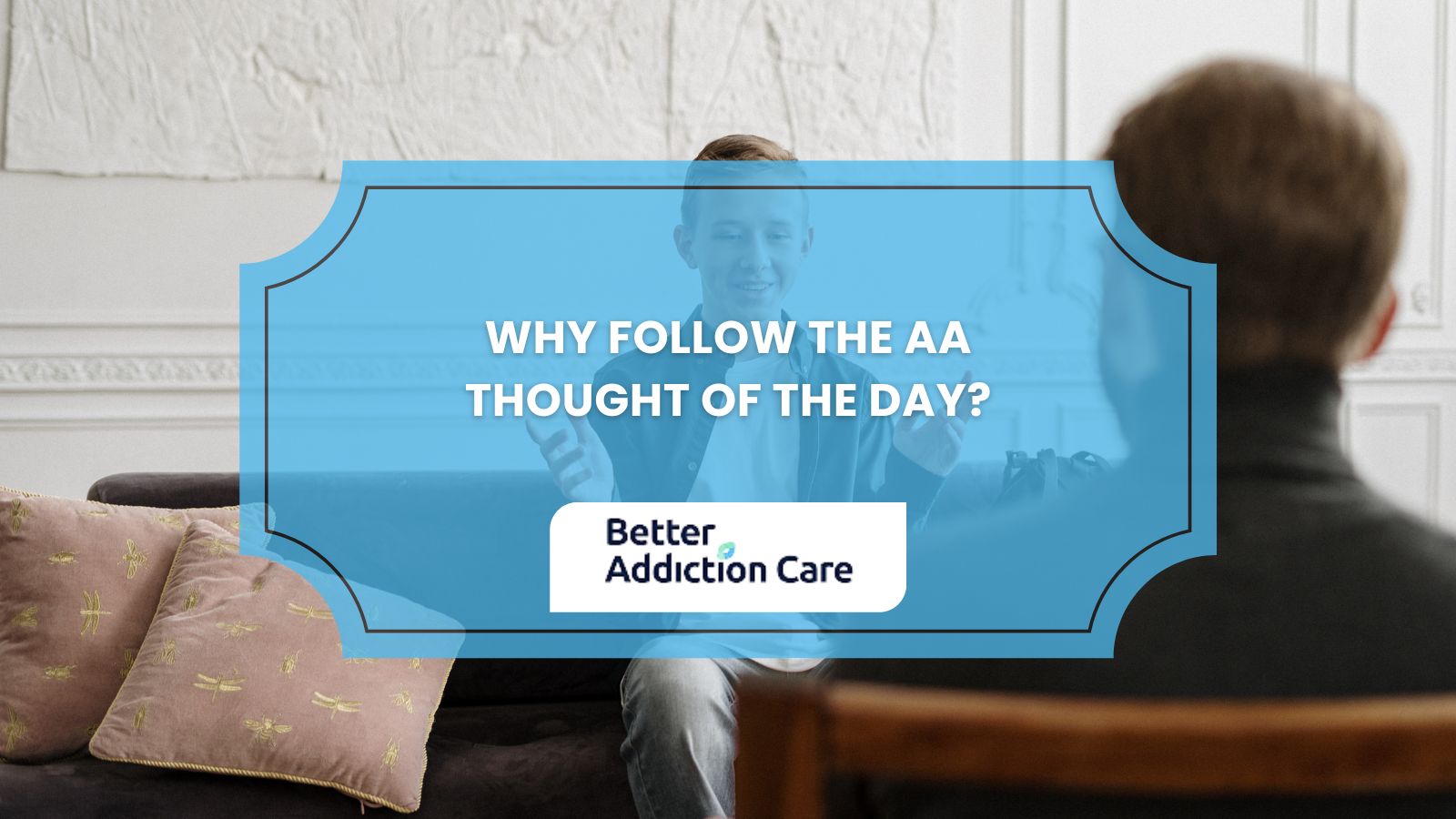
Overview
University of Colorado Denver - ARTS - Reflections for Women is a substance abuse treatment center for people seeking treatment near Denver County. As part of their treatment modalities for recovery, University of Colorado Denver - ARTS - Reflections for Women provides group counseling, individual psychotherapy, and trauma-related counseling during treatment. University of Colorado Denver - ARTS - Reflections for Women is located in Denver, Colorado, accepting cash or self-payment for treatment.
University of Colorado Denver - ARTS - Reflections for Women at a Glance
Payment Options
- Cash or self-payment
Assessments
- Comprehensive mental health assessment
- Comprehensive substance use assessment
Age Groups
- Young adults
- Adults
- Seniors
Operation
- State government
Highlights About University of Colorado Denver - ARTS - Reflections for Women
6.79/10
With an overall rating of 6.79/10, this facility has following balanced range of services. Alcohol Rehabilitation: 8.00/10, Drug Rehab and Detox: 6.92/10, Insurance and Payments: 6.00/10, Treatment Options: 6.24/10.-
Alcohol Rehabilitation 8.00
-
Drug Rehab and Detox 6.92
-
Treatment Options 6.24
-
Insurance and Payments 6.00
Treatment At University of Colorado Denver - ARTS - Reflections for Women
Treatment Conditions
- Mental health treatment
- Alcoholism
- Substance use treatment
- Co-occurring Disorders
Care Levels
- Hospital inpatient treatment
- Short-term residential
- Long-term residential
Treatment Modalities
- Group counseling
- Individual psychotherapy
- Trauma-related counseling
Ancillary Services
Special Programs
- Clients who have experienced trauma
Common Questions About University of Colorado Denver - ARTS - Reflections for Women
Contact Information
Read our Most Recent Article About Drug Addiction
DISCLAIMER: The facility name, logo and brand are the property and registered trademarks of University of Colorado Denver - ARTS - Reflections for Women, and are being used for identification and informational purposes only. Use of these names, logos and brands shall not imply endorsement. BetterAddictionCare.com is not affiliated with or sponsored by University of Colorado Denver - ARTS - Reflections for Women.








